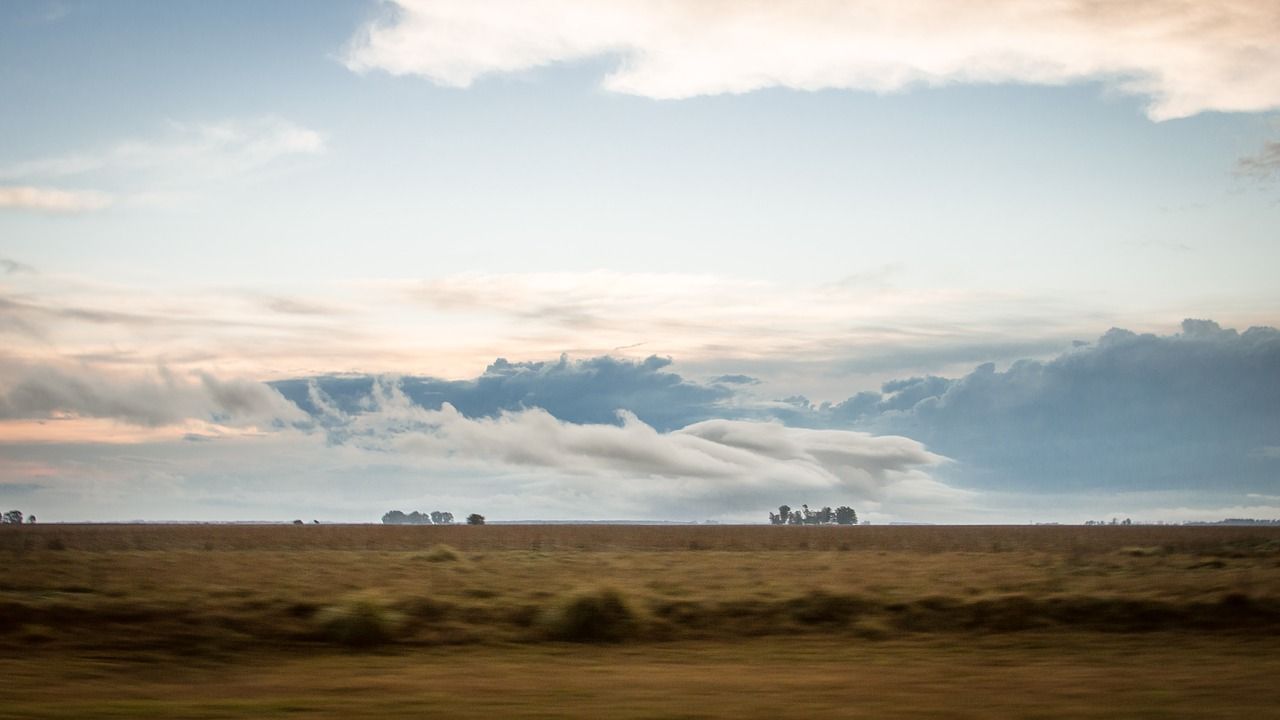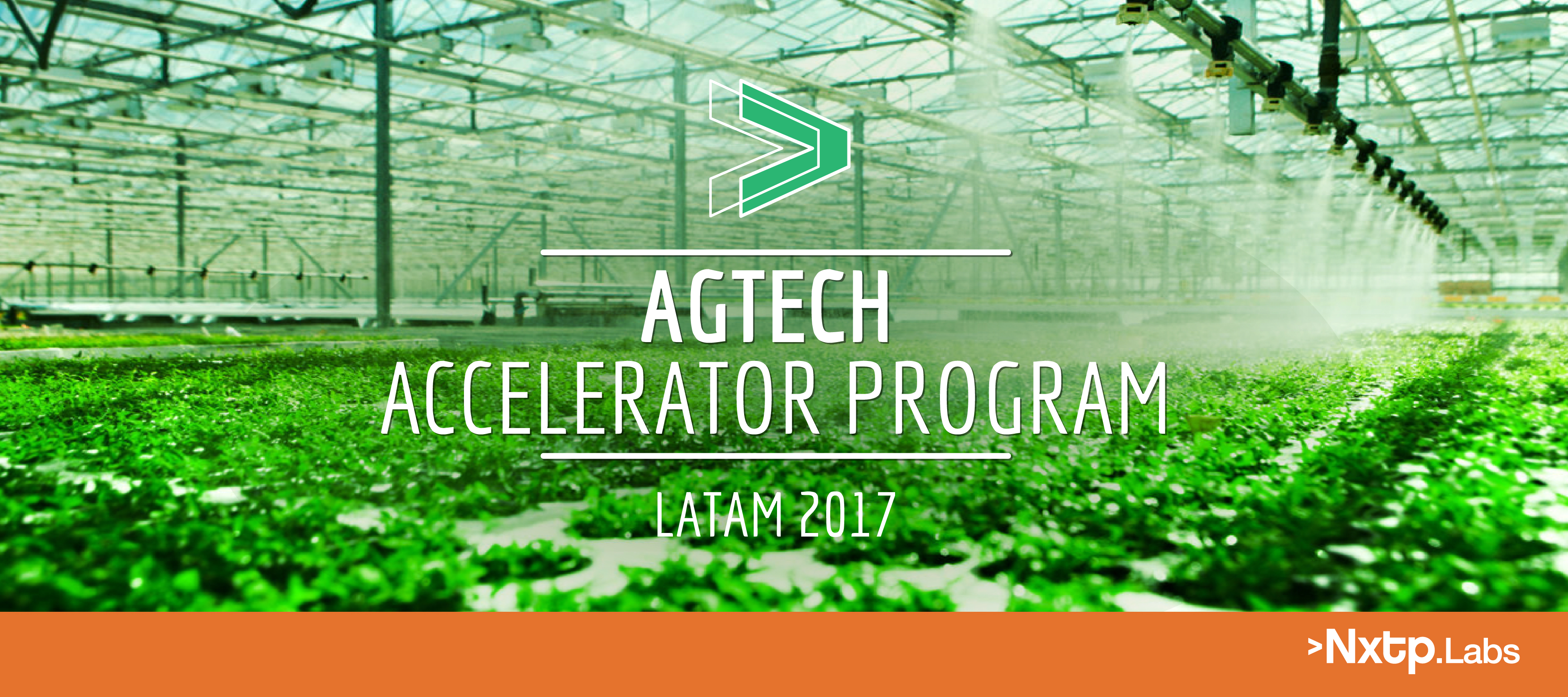Editor’s Note: Ciro Echesortu is the agtech program director of NXTP Labs, the first accelerator program for Latin American agtech startups. With applications now open for the program’s second cohort, Echesortu reflects on the development of the region’s agtech market and what to expect in 2017.
You can apply to join the 2017 cohort here.

In mid-2016, NXTP Labs launched the first agtech accelerator for Latin America. To validate the market, the accelerator ran for an intensive two months only in Argentina and Uruguay. We’re still feeling the positive repercussions from this first program at the beginning of 2017, and it’s helping to boost our next, full haul LatAm agritech accelerator.
During the program, we validated two main uncertainties concerning agtech in the region:
1. The number of scalable startups out there that are ready for investment
2. The interest of large-scale farmers, seed companies, and traders in adopting new startup innovation.
In both respects the results were outstanding.
First, we received over 100 applications of pre-launch and launched startups in the agtech space, most of them with high potential teams with experience in farming and development. In particular, we noticed software developers, living near farming hubs in Argentina and Uruguay, were launching startups due to their knowledge of the industry’s challenges and potential on top of their digital expertise.
Second, the startups we selected – 15 between both countries – had received a large amount of interest from local agribusinesses and media. During the program, more than 18 agribusiness companies, ranging from seed retailers to farming pools, and traders, participated in events and activities with startups. This resulted in 12 new commercial relationships between the more avid participating companies and five of the program’s startups. These were either pilot programs, one-off services, or an enterprise contract.
After careful screening of the whole ecosystem, we have now identified 130 startups in Seed and Series A stages across Latin America. This is quite a big pool already. And will only increase with new programs such as Monsanto’s partnership with Microsoft Ventures in Brazil, BASF’s Agrostart program, the Orizont program in Chile; programs boosted by local R&D programs such as CREA Lab; an agtech space at the annual Expoagro next March in San Nicolás, in the Buenos Aires Province; and government programs such as agtech hackathons organized in Argentina, Colombia and Uruguay.

Latin America needs to be ready for a new wave of agtech startups. From our brief overview last year, only a few large-scale farmers, seed companies or traders have even thought about their innovation strategy. Some farmers are forming local angel investment groups to start tapping opportunities that can provide both innovation and financial returns. Seed companies led by Monsanto are slowly starting to grasp the business potential of new innovation through their relationship with the odd startup, and traders are far behind with the exception of a few, tech-savvy internal champions. This is concerning considering the scale of their operations.
Large-scale farmers in LatAm (particularly in Argentina, Brazil, Paraguay, Uruguay and Bolivia) can manage more than 100k hectares. Some seed companies have similar production scales, coupled with distribution centers and deposits. And traders have all of this coupled with their industrial crushing plants and international logistics and financial leverage.
Our 2017 agtech program will be working to help these companies identify startups to work with, regardless of whether they have an innovation department or not. And once they formalize their approach to agtech investment, we hope to help them access more dealflow and start working on more pilots with startups. Finally, we aim to channel agribusiness capital, traditionally poured into expanding the agriculture frontier, into tech. This will help improve crop yields on less land, intensifying the industry sustainably.
Our applications opened on January 23, and the program will run from April to August. Join us: agtech.nxtplabs.com






